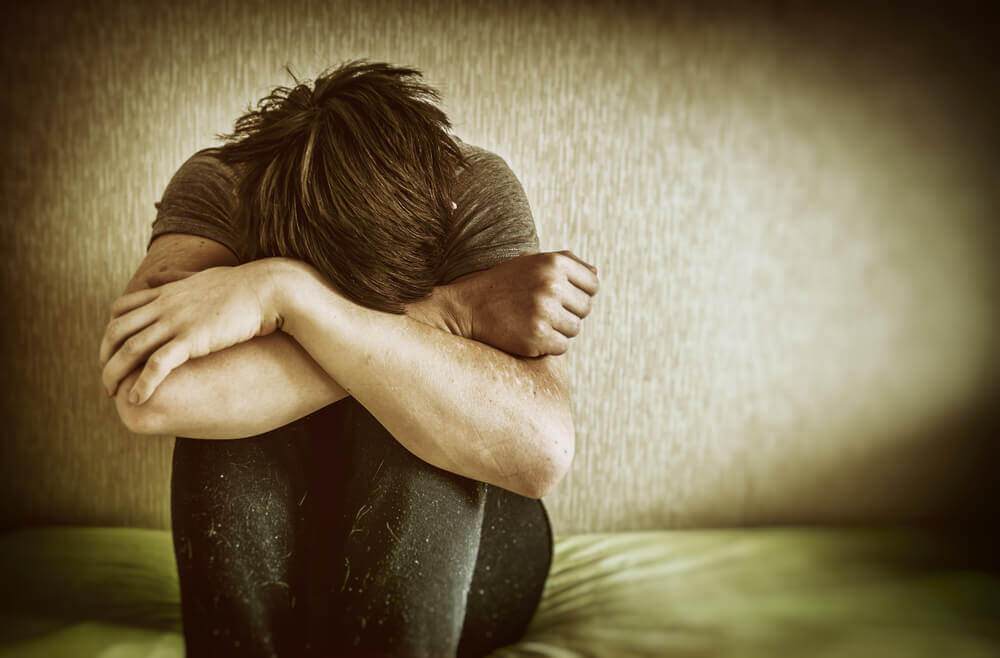Risperdal and Gynecomastia: Physical Impact
The way the body changes during puberty is enough to make even the healthiest young man cringe. Patchy body hair, awkward growth spurts, cracking voices, acne. Unfortunately, some young men have even more difficult body changes to contend with. In these cases, it’s their mental health medication that’s causing the problem. Doctors prescribe the antipsychotic Risperdal for treatment of schizophrenia, bipolar I disorder, and irritability in children with autism. As with any drug, Risperdal has a number of side effects attached to it. One side effect has a profound impact on many patients—Risperdal can cause breast tissue growth in boys and adolescent males. The condition is known as gynecomastia. In fact, Risperdal and gynecomastia are in the news because young men are suing the drug’s manufacturer, Janssen Pharmaceuticals.
The Effects of Gynecomastia
While there are more than a dozen known causes of gynecomastia—most of them self-correcting—in the case of Risperdal, the chemical effect of blocking dopamine to control moods also signals the body to release prolactin, which triggers breast development. Prolactin, found in the pituitary gland, is the hormone responsible for breast development in pubescent girls. It also tells the breasts to start producing milk during pregnancy. The hormone, harmless and a natural part of the female system, is typically blocked from release in males. Risperdal disrupts this process.
Gynecomastia isn’t physically dangerous. In some cases, it may be no more noticeable than slight lumps beneath the nipples. In moderate or severe cases, though, males experience fuller breast tissue development. Sometimes, this means fatty tissue over the breast area increases as well. Among the most severe cases, males develop full breasts. These effects are irreversible, and in these severe cases, surgery is necessary. Of course, surgery carries its own risks of painful, invasive intervention. Doctors are looking for ways to manage Risperdal-induced gynecomastia without giving male patients a mastectomy.
The best option for males experiencing the initial symptoms of gynecomastia is to stop taking Risperdal. But because there are mental health implications associated with this choice, it’s important these patients work with their physicians to find a different antipsychotic—one that isn’t known to affect prolactin release.
Risperdal and Gynecomastia: Psychological Impact
In some cases, stopping Risperdal may not be possible, and then doctors must go to drug intervention. The American Academy of Pediatrics has recommended aromatase inhibitors. These drugs control the hormone release that causes the breast tissue enlargement. The American Academy of Family Physicians has also suggested aromatase inhibitors may be an effective counterbalance for patients with gynecomastia caused by Risperdal, though that organization recommended further studies into the effectiveness of the solution.
While medical solutions for the physical condition are becoming more readily available, the real concern with gynecomastia is psychological. These boys and young men may already be vulnerable because of their mental health. To add an embarrassing physical condition into the mix makes an already difficult situation worse. A 2013 study, published by the American Society of Plastic Surgeons found a measurable negative impact on adolescent boys suffering from gynecomastia. Lead researcher Dr. Brian Labow of the Boston Children’s Hospital, said, “Merely having gynecomastia was sufficient to cause significant deficits in general health, social functioning, mental health, self-esteem, and eating behaviors and attitudes.” The study concluded that earliest intervention is best, but in severe cases, surgery is recommended despite its risks because the emotional and psychological impact of the condition can be so devastating.
Risperdal and Gynecomastia: Seek Medical Intervention
Though there’s no denying the importance of antipsychotics in patients suffering from certain mental health concerns, the possibility of shaming and bullying associated with Risperdal and gynecomastia means young males patients on the medication need to be aware of the possible Risperdal side effects. If they find any sign of breast tissue development, they should immediately seek medical intervention, as minor cases may be corrected without medical intervention or surgery. As challenging as puberty can be, the last thing a young man needs to deal with is an embarrassing body change caused by his medication.
Lori Polemenakos is Director of Consumer Content and SEO strategist for LeadingResponse, a legal marketing company. An award-winning journalist, writer and editor based in Dallas, Texas, she's produced articles for major brands such as Match.com, Yahoo!, MSN, AOL, Xfinity, Mail.com, and edited several published books. Since 2016, she's published hundreds of articles about Social Security disability, workers' compensation, veterans' benefits, personal injury, mass tort, auto accident claims, bankruptcy, employment law and other related legal issues.

